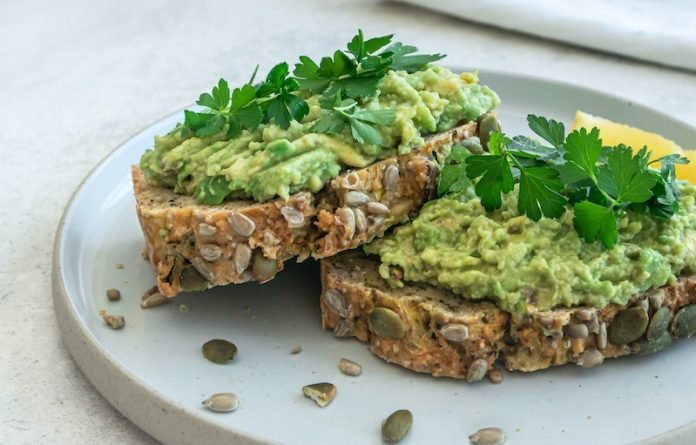
Avocado has a mild taste and is chock full of vitamins, minerals, healthy unsaturated fats, and fiber.
A superfruit? Most definitely.
In a recent study from the University of Wollongong, scientists found a link between avocado consumption and lower body weight and a smaller waist circumference.
In the study, the team found that both lower body weight and a lower waist circumference have been positively associated with increased avocado intake.
Then, they found that greater consumption of avocados was also associated with much lower consumption of discretionary (junk) foods.
Although technically a fruit, nutritionally, avocados are considered a source of fat. Their health-promoting qualities are primarily due to the high levels of unsaturated fats.
These fats help to lower undesirable LDL cholesterol when eaten in place of saturated fat.
So not only do avocados help promote weight loss, but they also strongly improve heart health, possibly contributing to longer lives.
The team says avocados are also low in carbs but high in fiber, so they keep people satiated longer than any other vegetable or fruit.
About half an avocado contains around 160 calories and plenty of folates, vitamin K, vitamin C, potassium, and vitamin E, which can help to reduce blood pressure, maintain healthy skin and eyes, and boost immunity.
Interestingly, most of the fat in avocados is naturally good fat, with 5 grams of monounsaturated fat per serving (one-third of a medium avocado).
When eaten alongside other foods, avocados act as a nutrient booster and help the body absorb the fat-soluble nutrients found in those foods.
If you care about nutrition, please read studies about how the Mediterranean diet could protect your brain health, and the best time to take vitamins to prevent heart disease.
For more information about nutrition, please see recent studies that olive oil may help you live longer, and vitamin D could help lower the risk of autoimmune diseases.
The research was published in the British Journal of Nutrition and conducted by Associate Professor Yasmine Probst et al.
Copyright © 2022 Knowridge Science Report. All rights reserved.



